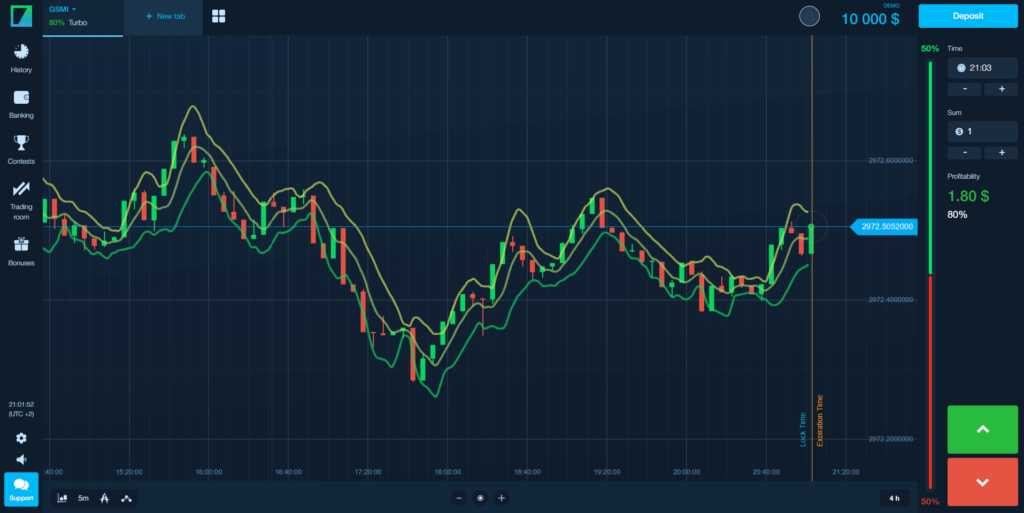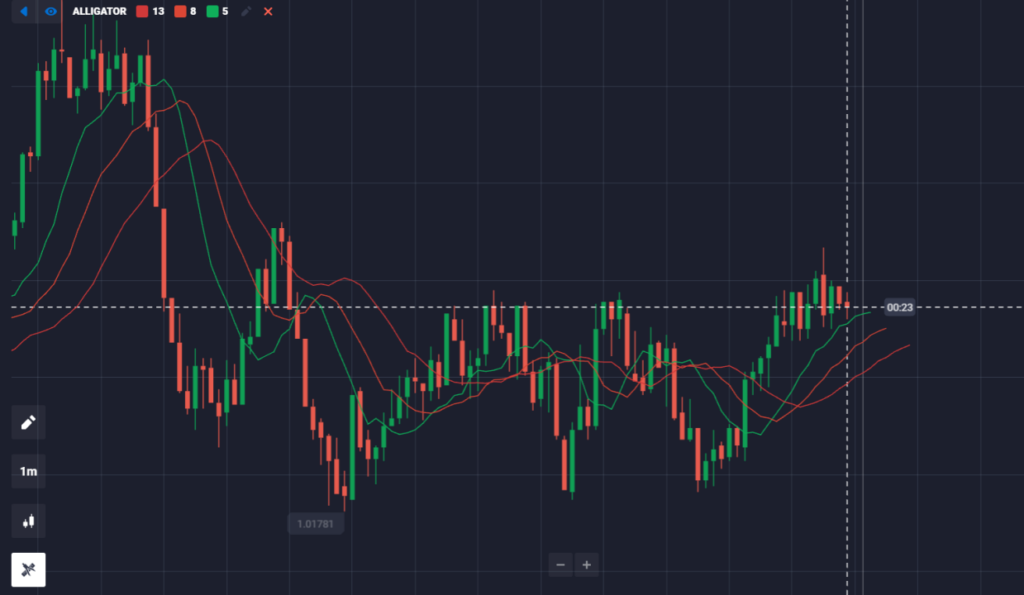Binary options trading, a method that allows investors to predict the price movement of assets in a defined period, has grown popular in recent years. However, its legality can vary significantly from one country to another, and it’s crucial for aspiring traders to understand the regulatory landscape. Let’s explore whether binary options are legal everywhere and what factors contribute to their regulation.

Understanding Binary Options
Before delving into the legal aspects, it’s important to understand what binary options entail. Binary options are financial derivatives that result in one of two outcomes: a fixed monetary amount or nothing at all. This all-or-nothing structure can be particularly risky for traders, a reason why regulatory bodies often scrutinize the product closely. Traders predict whether the price of an asset will rise or fall within a certain timeframe, which can be as short as a minute or as long as several months.
Regulatory Variance Across Countries
When it comes to binary options legal considerations, there is significant variance across different jurisdictions. In some countries, like the USA, binary options trading is allowed, but the market is very strictly regulated by entities such as the Commodity Futures Trading Commission (CFTC) and the Securities and Exchange Commission (SEC). These regulations ensure that only legitimate entities offer binary options and that investors have some degree of protection.
In contrast, other countries have opted to ban binary options completely. For example, the European Securities and Markets Authority (ESMA) has banned binary options trading across the European Union. This decision was made to protect consumers from the high risks associated with these instruments, amid concerns over fraudulent activities. Similarly, binary options trading is also illegal in countries like Israel, which was once considered a hub for binary options firms.
Legal Status in Emerging Markets
The situation in emerging markets can be particularly complex. In some regions, there is no clear regulation at all, which can expose traders to potential scams and fraudulent brokers. In others, binary options legal frameworks are gradually being established, giving traders a safer environment but with certain restrictions. Traders looking to engage in binary options trading in these markets must be extra cautious and always verify the credentials and regulation status of brokers.
Best Practices for Traders
For traders interested in binary options, legal compliance and thorough research are indispensable. Always check the regulation status of the platform or broker before investing your money. It is also advisable to practice on demo accounts and start with small amounts to understand the nuances of the market.
In conclusion, binary options trading is not legal everywhere, and the regulatory environment is continually evolving. Traders must stay informed about local regulations and only engage with reputable, regulated brokers to safeguard their investments. As the market matures, we may see more uniform regulations which could open new opportunities for traders globally, but until then, caution and due diligence are the keys to participating in binary options trading.



